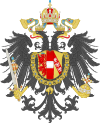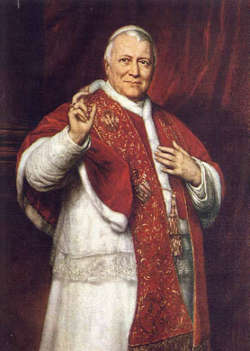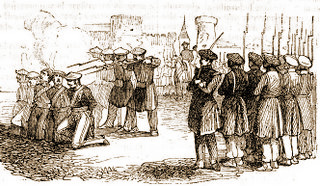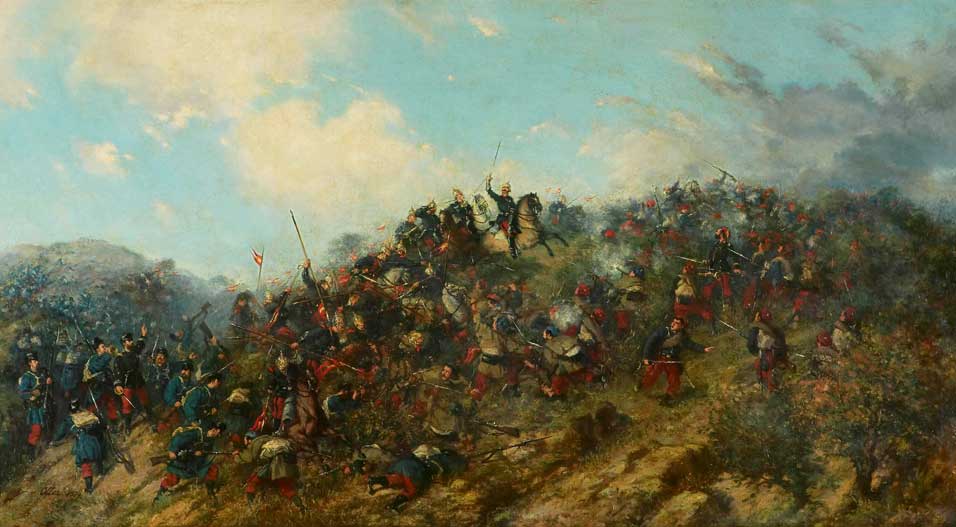
Prussia is more than willing to back down on its ultimatum, for it has already accomplished what was needed. We chose to release this ultimatum to remind all present of the gravity of what we are discussing, and we are pleased to see that has been the case. On the terms of the newly proposed treaty, we find ourselves unable to agree with its terms. We would like to propose some new amendments to the treaties.
To the proposed second clause, stating that we must recognize the hegemony of Austria over all member states, we propose another term.
2. Prussia and Austria recognize member states of the German Confederation as jointly under both nation's hegemony, and seize attempts to bring member states solely under their own influence.
The proposed first and third clauses of the treaty are unacceptable as is, and we wish for them to be amended and merged so.
1. Both Prussia and Austria are henceforth forbidden from setting foreign policy, diplomatic deals, or mobilizing their army, with any nation outside of the Confederation, without express approval from both the President and Deputy-President of the German Confederation, as well as a majority approval by a diet of member states.
We are willing to cede the fourth clause to Austria under the condition that Prussian troops to be allowed to garrison themselves at the same strategic points.
We would also like to propose a 9th clause.
9. A Diet of all Confederation member states is to be held in March, 1867 to discuss the reorganization of the German Confederation.
Let it be remembered that both Austria and Prussia are brother nations, and it would tear the heart of His Majesty Wilhelm for us to go to war. The German Confederation was formed out of Prussia and Austria banding together, a tradition that His Majesty wishes to keep. It is with this in mind that I hope these new amendments are acceptable to all present.
-Foreign Minister of Prussia, Otto Von Bismark
Last edited:








